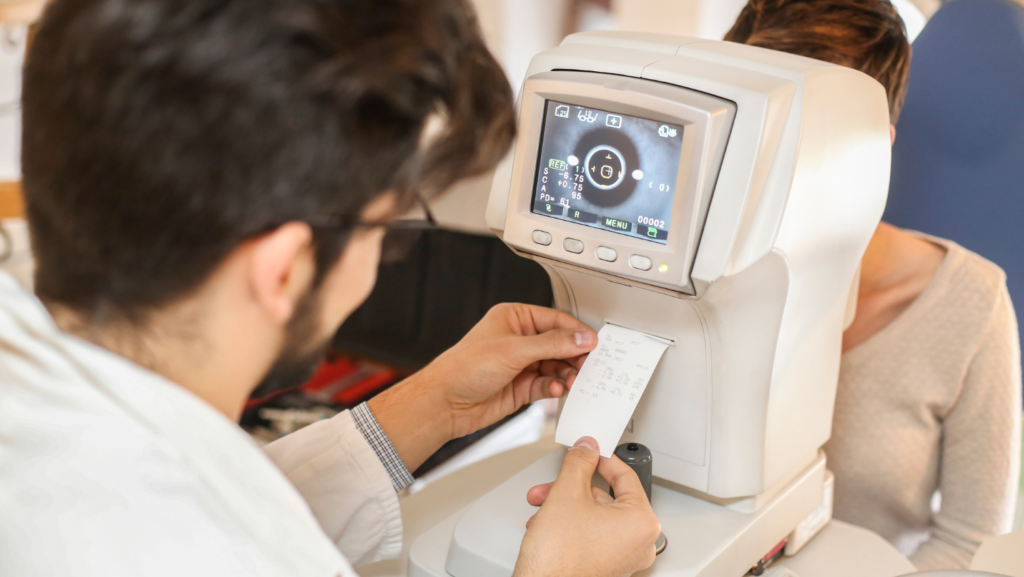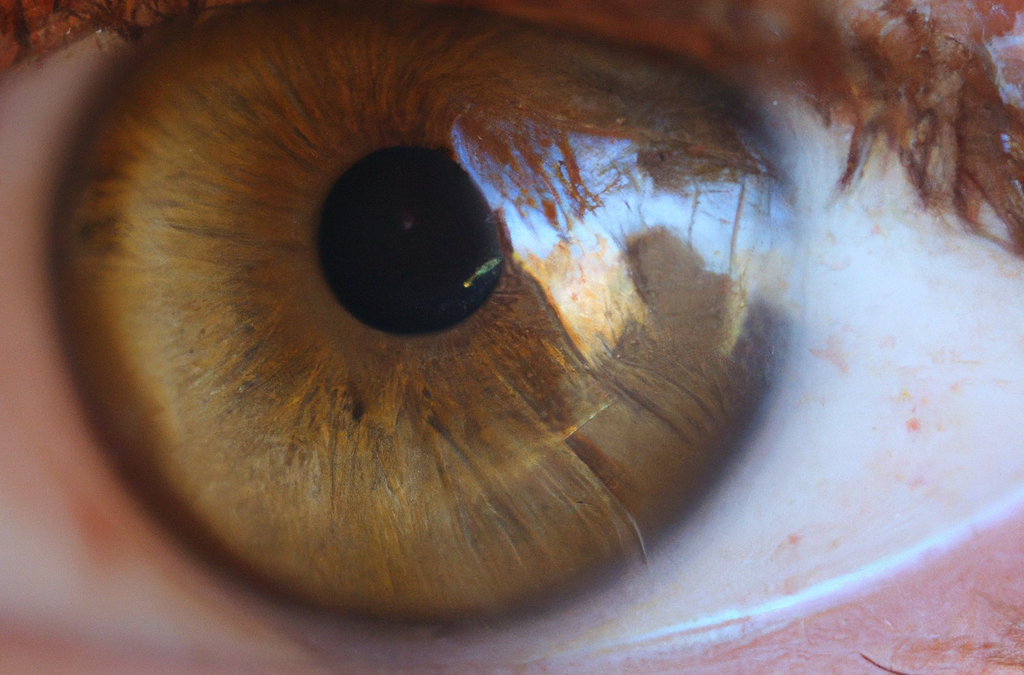Glaucoma is a serious eye condition that affects millions of people worldwide. It is characterized by damage to the optic nerve, which is responsible for transmitting visual information from the eye to the brain. If left untreated, glaucoma can lead to blindness. In this article, we will discuss what glaucoma is, the risk factors for the disease, and the treatments available to help manage it.
What is Glaucoma?
Glaucoma is a group of eye disorders that damage the optic nerve. The most common form is known as primary open-angle glaucoma (POAG), which causes an increase in pressure inside the eye. This increase in pressure is known as intraocular pressure (IOP) and is caused by a build-up of fluid in the eye. When this fluid cannot drain properly, it causes the IOP to rise. Over time, the increased pressure can damage the optic nerve, resulting in a loss of vision.
Who is at risk?
There are several factors that increase a person’s risk of developing glaucoma. These include:
- Age: The risk increases as we get older, especially after the age of 60.
- Family history: If a close relative has glaucoma, you are more likely to develop the disease.
- Ethnicity: African Americans, Hispanic Americans, and people of Asian descent are at a higher risk.
- High blood pressure: People with high blood pressure are at an increased risk.
- Previous eye injury or surgery: People who have had eye injuries or surgery are at a higher risk.
- Long-term use of steroid medications: People who take steroid medications for a long period of time are at a higher risk.
What are the symptoms of Glaucoma?
In the early stages, there are often no symptoms. As the disease progresses, people may experience symptoms such as:
- Blurred vision
- Tunnel vision
- Loss of peripheral vision
- Loss of night vision
- Halos around lights
- Pain in the eye
It’s important to note that these symptoms can also be caused by other eye conditions, so it is important to see an optometrist for an accurate diagnosis.

How do you treat Glaucoma?
The goal of treatment for glaucoma is to lower the intraocular pressure and prevent further damage to the optic nerve. There are several treatment options available, including:
- Medications: Eye drops, pills, or injections can be used to lower intraocular pressure. These medications work by decreasing the amount of fluid produced in the eye or increasing the amount of fluid that drains from the eye.
- Laser surgery: This procedure uses a laser to create a small hole in the eye to help the fluid drain more quickly.
- Surgery: In some cases, surgery may be necessary to create a new drainage channel for the fluid in the eye.
It’s important to note that there is no cure, so treatment is focused on slowing the progression of the disease and preserving vision. Regular eye exams are essential for early detection and management. Our in-house optician Richard commented on the importance of having regular eye tests to detect early signs of glaucoma:
Glaucoma is one of the major causes of blindness. However, regular eye examinations will detect glaucoma at an early stage before visual loss occurs. I thoroughly recommend a yearly examination if you’re in a high risk group and also having the OCT scans that can detect early glaucoma before irreversible visual loss occurs. Please look after your eyes.
Richard Brignall
In conclusion, Glaucoma is a serious eye condition that can lead to blindness if left untreated. Understanding the risk factors, symptoms, and treatment options can help you to manage the disease and preserve your vision. Therefore, if you are at a higher risk it is especially important to schedule regular eye exams to catch any signs of the disease early on. For more information, please contact us directly or visit the NHS website.
If you feel that you are at risk or if you are experiencing any symptoms, book an appointment with us.
FAQ
Yes if you’re over 40 with a close family history of glaucoma or over 60. There are some other groups that are entitled to a free NHS test. Visit the NHS website for more details.
Yes, some glaucomas can be cured with operations.
Yes, glaucoma can cause blindness. Therefore, early detection is very important.
Acute angle closure glaucoma produces extreme pain around the eye which may be confused with a headache.
An optometrist will perform 3 tests:
1) Eye pressure check.
2) Examining the optic nerve using ophthalmoscopy or an OCT.
3) Visual field testing.
Glaucoma affects vision by damaging nerve fibres around the optic nerve.
Glaucoma occurs when the pressure in the eye is too high for that eye. The aqueous fluid at the front of the eye builds up and/or the drainage is poor.

